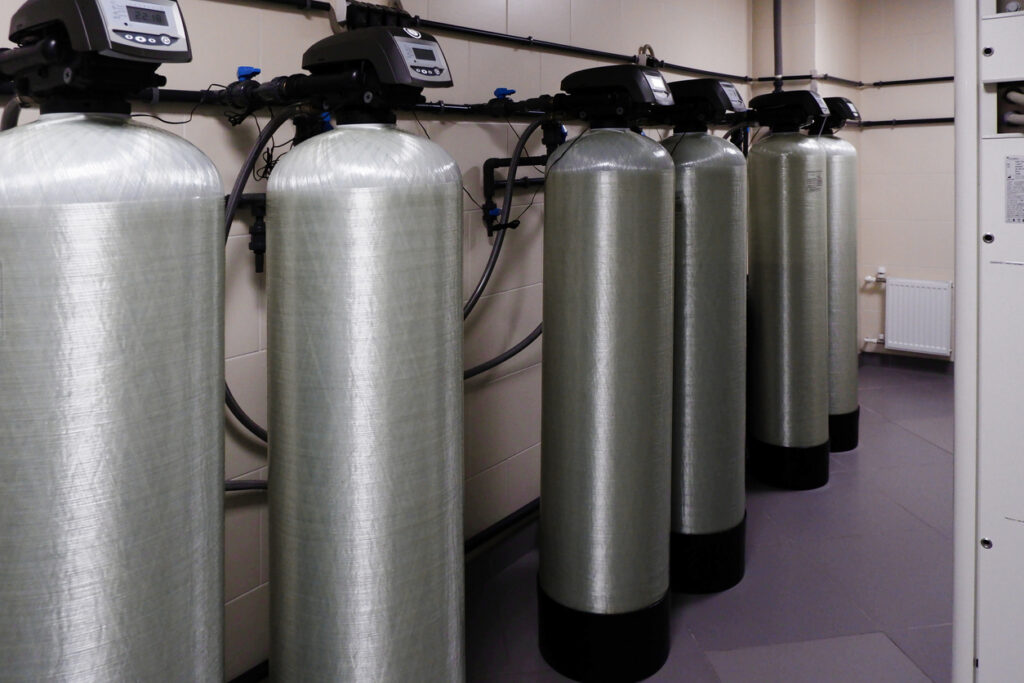In treatment, pH plays a pivotal role in determining water quality and safety. This blog elucidates the importance of pH in water treatment in Harrisburg, PA, unraveling its influence on various treatment methods and the overall efficacy of purification.
1. Understanding pH:
pH is a measure of acidity or alkalinity on a scale from 0 to 14, with seven being neutral. This section delves into the fundamentals of pH and its significance in gauging the chemical balance of water.
2. Impact on Chemical Reactions:
pH levels profoundly affect chemical reactions in treatment processes. Explore how variations in pH can alter the efficiency of disinfection methods like chlorination or ozonation.
3. Biological Implications:
The biological aspect of treatment is intricately linked to pH levels. Learn how pH influences microbial growth and affect the effectiveness of filtration and disinfection techniques.
4. Corrosion and Scale Formation:
pH also dictates the corrosiveness of water and the propensity for scale formation in distribution systems. Uncover the repercussions of imbalanced pH levels on infrastructure integrity and water quality.
5. Regulatory Compliance:
Regulatory standards mandate specific pH ranges for potable water. This section elucidates the legal implications of pH control in treatment facilities and the ramifications of non-compliance.
pH governs various facets of treatment, from chemical reactions to biological processes and infrastructure integrity. Acknowledging its significance is imperative for maintaining water safety and compliance with regulatory standards. Follow these strategies even during a water well repair in Camp Hill, PA.
If you want to spend a reasonable water softener system cost in York, PA, reach out to our expert plumbers at Pronto Plumbing, Heating, and Air at 717-366-6587.

